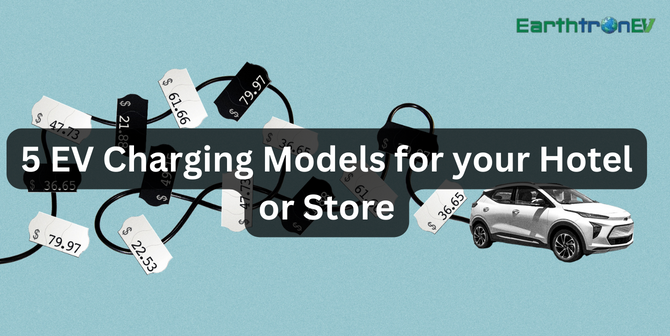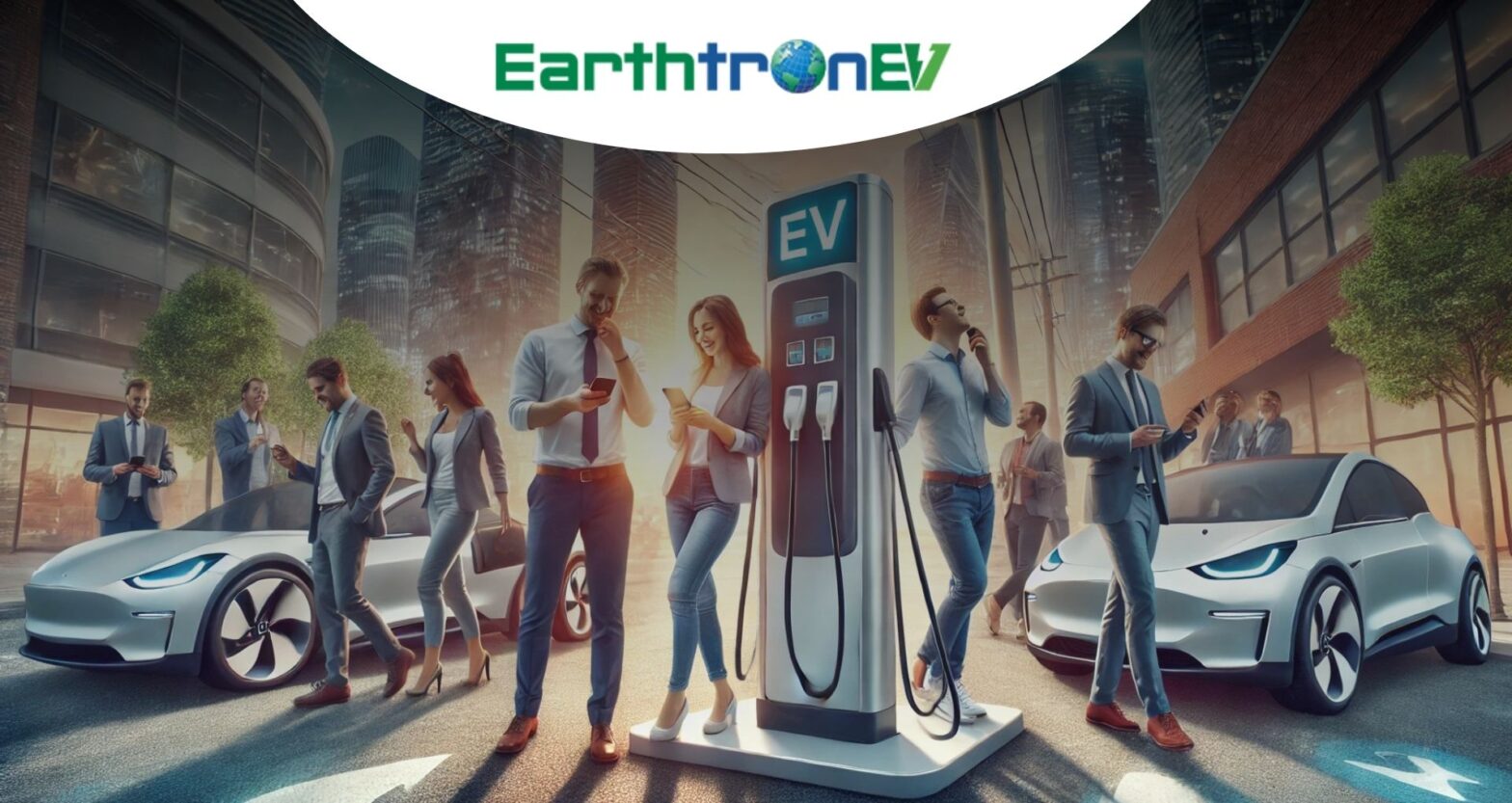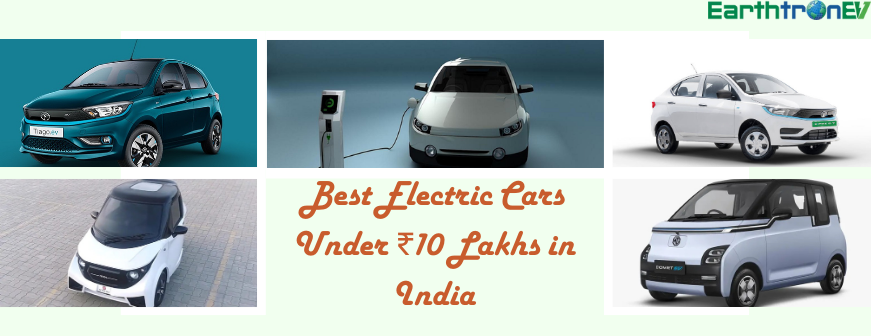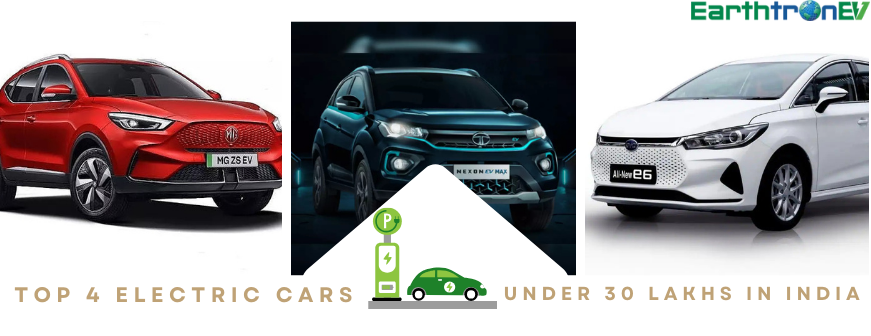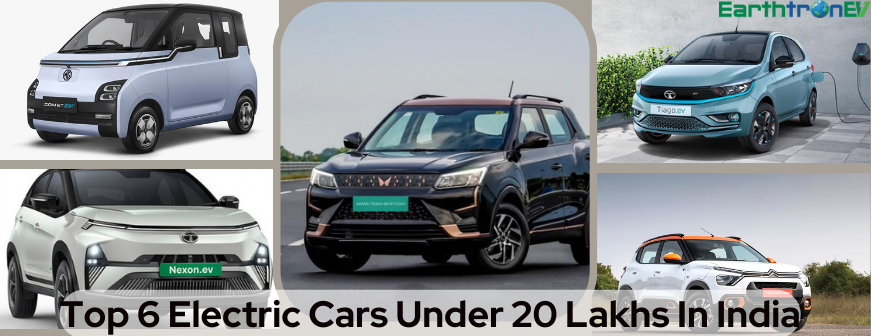Electric vehicles (EVs) have become quite popular in today’s modern era. Why? Because more and more people are transitioning towards a more sustainable and eco-friendly future. Businesses such as hotels and stores should install some EV charging stations/models. These models will provide EV charging services as well as attract eco-conscious customers.
By now, you must have a question, “Which charging model is effective?” Well, to decide this, you should consider the various charging models available. In this guide, we’ve jotted down 5 EV charging models your hotel or store can use. Let’s begin!
List of Top 5 Electric Vehicle Models
Charging combo Model (kWh + Time)
The charging combo model is one of the innovative approaches to EV charging. It combines both energy (kWh) and time-based pricing. This model allows your business to stick to a billing structure where the customer pays based on the amount of energy consumed (kWh) and the duration of their charging session (Time).
Pricing:
Charging Combo Model’s Set price is Rs 12.48/kWh. If taken by Time, it is Rs 95.67/hour.
Works with:
Networked Stations (e.g., Everon, EV Connect)
Pros:
- It comes with multiple pricing options
- EV owners enjoy more flexibility
- Enhances customer satisfaction
- Equitable method for billing drivers
- Helps hotel/store owners optimize revenues from their charging stations
Cons:
- Requires complex billing system and software
- ‘Sweet Spot’ is difficult to find, balancing kWh and time-based pricing
- Not adaptable for market energy reselling isn’t possible
Charging by kWh
If you are looking for a straightforward approach to EV charging models, nothing is better than the charging by kWh model. Here, drivers pay solely for the amount of energy (kWh) consumed during the charging session. Such a charging model requires only a billing structure based on kilowatt-hours.
Pricing:
Charging by kWh model typically charges a fixed rate, i.e., $0.30/kWh
Works with:
Networked stations (e.g., EV Connect, Greenlots)
Pros:
- Simple pricing structure for the site host and the EV driver
- Very popular with EV owners
- Recover the Owner’s usage costs directly
- Supports accurate billing based on actual energy usage
- No need to install complex billing software
Cons:
- Allows cars for “camping” at chargers
- Comes with limited pricing flexibility
- When kWh rates are meager, it doesn’t optimize revenue for the hotel or store
- A less flexible model for drivers
There’s no way out in markets where energy reselling is not allowed
Charging by Time
Did you know when an EV charger is in use, it provides the maximum value? So, consider charging a driver who has camped out after his car is charged up ultimately. You can do so by installing the Charging-by-time model. This model bills customers based on the duration of their charging session.
This means a car will pay the amount for as long as it has been plugged in, irrespective of how much energy is consumed.
Pricing:
Charging by Time charges drivers a fixed rate per minute or hour of plugging. For eg; Rs 187.18/hour, Rs 748.71/4 hour
Works with:
Networked Stations (e.g., Greenlots, Everon)
Pros:
- Legal almost everywhere
- A model that supports higher revenue potential
- Blocks customers from “camping” when full
- Effective solution for locations with high turnover
- Very simple EV charging model for site hosts and EV drivers
Cons:
- Only favors cars that are installed with faster onboard adapters
- Less popular with EV owners
- It doesn’t consider the amount of energy consumed (kWh)
- It might not be an efficient charging solution
Charging by Location (Flat Fee)
Here’s another simplest method for generating revenue from your charging model – the charging by-location model. They are also known as Flat Fee or One Fee (the same for everyone). This EV charging model charges a flat fee for access to the charging station.
What’s best is that the model doesn’t count on the duration or energy consumption during the charging session. So, it’s collecting an extra amount of money for your business.
Pricing:
Charging by location is a Flat Fee, so there is no calculation. It typically charges a fixed fee for parking and charging access, i.e., Rs 748.71 per use.
Works with:
RFID-only, Networked stations (e.g., EV Connect, Everon), Plug ‘n Charge
Pros:
- Greater Revenue-collecting
- Network-ready stations and, hence, a simple pricing structure
- This is a good solution for customers looking for easy access to charging facilities
- 100% pricing transparency
- Hinders cars with faster onboard adapters
Cons:
- Not fair and cost-effective for frequent charging sessions
- Lacks ultimate Smart Charging Features
- It is less flexible for drivers looking for variable charging durations
Free Charging
If you want to attract the maximum number of EV owners to your store or hotel, offer Free Charging Models. Free service is for such sites that prefer customer convenience over theirs. The model is such that you provide charging services to every driver without charging them directly.
Act smart and include the cost of electricity in the overall price of their stay or shopping experience. This option is a promotional strategy to attract EV drivers to your location.
Pricing:
The free charging model won’t charge any direct cost to EV drivers. It’s 100% Free charging station.
Works with:
Plug ‘n Charge, Networked stations, and RFID-only
Pros:
- Attracts more EV drivers
- Enhances the overall customer experience
- Promotes increased customer loyalty
- It doesn’t require station management
- Operational cost almost nil
Cons:
- Direct billing or revenue generation is absent
- This might lead to the overuse of charging stations
- Limited flexibility for Site Hosts
- Takes Time to recover costs associated with the charging infrastructure
- Fewer robust Smart Charging characteristics
Conclusion
So, these were the top 5 EV charging models that are best in 2023. These models meet the needs of EV owners. Remember, it also increases business offerings. So, it’s best to consider your target audience and the market where you want to set up the electric vehicle charging station.
In conclusion, choosing a suitable EV charging model depends on your business goals, location, and customer demographics. Every model comes with some benefits and some drawbacks. Hence, the site host should evaluate their objectives. Finally, they must pick up an EV charging model!
